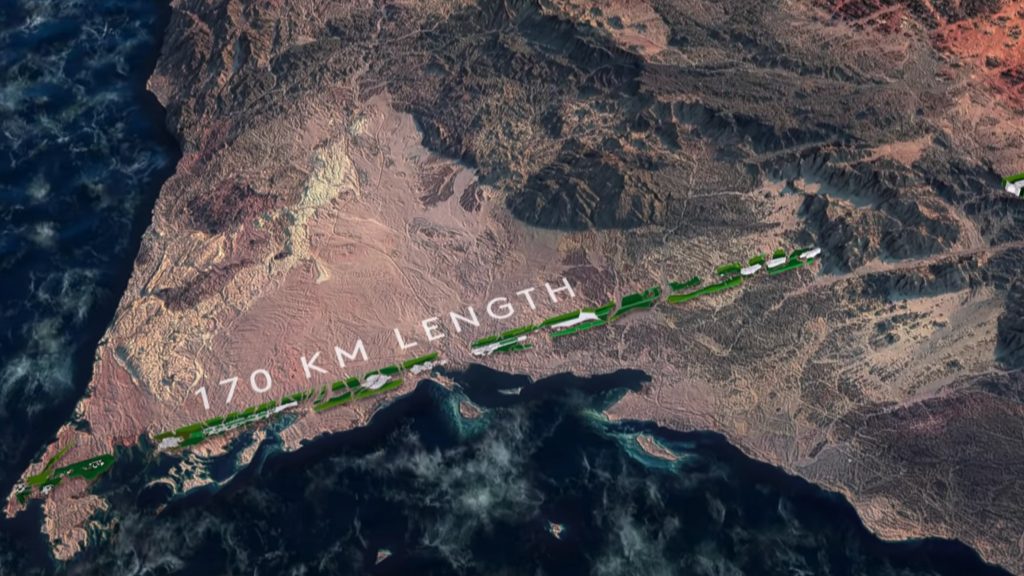- Location
- Glen Clova, Angus, DD8 4RD
For anyone interested the report can be accessed here: https://www.gov.uk/government/publi...economics-of-biodiversity-the-dasgupta-review
I'm working my way through it's 600 pages but already think they are pretty well spot on.
"Whether as farmers or fishers, foresters or miners, households or companies, governments or communities, we manage the assets to which we have access, in line with our motivations as best as we can. But the best each of us is able to achieve with our portfolios may nevertheless result in a massive collective failure to manage the global portfolio of all our assets. The analogy of each of a crowd of people trying to keep balance on a hanging bridge and bringing it crashing down speaks to that possibility."
"It would seem then that, ultimately, we each have to serve as judge and jury for our own actions. And that cannot happen unless we develop an affection for Nature and its processes. As that affection can flourish only if we each develop an appreciation of Nature’s workings, the Review ends with a plea that our education systems should introduce Nature studies from the earliest stages of our lives, and revisit them in the years we spend in secondary and tertiary education. The conclusion we should draw from this is unmistakable: if we care about our common future and the common future of our descendants, we should all in part be naturalists."
I'm working my way through it's 600 pages but already think they are pretty well spot on.
"Whether as farmers or fishers, foresters or miners, households or companies, governments or communities, we manage the assets to which we have access, in line with our motivations as best as we can. But the best each of us is able to achieve with our portfolios may nevertheless result in a massive collective failure to manage the global portfolio of all our assets. The analogy of each of a crowd of people trying to keep balance on a hanging bridge and bringing it crashing down speaks to that possibility."
"It would seem then that, ultimately, we each have to serve as judge and jury for our own actions. And that cannot happen unless we develop an affection for Nature and its processes. As that affection can flourish only if we each develop an appreciation of Nature’s workings, the Review ends with a plea that our education systems should introduce Nature studies from the earliest stages of our lives, and revisit them in the years we spend in secondary and tertiary education. The conclusion we should draw from this is unmistakable: if we care about our common future and the common future of our descendants, we should all in part be naturalists."








